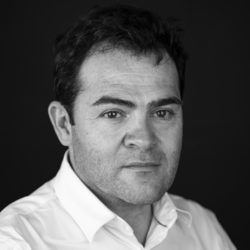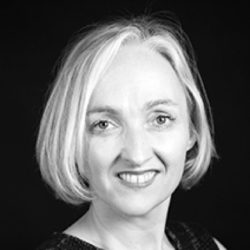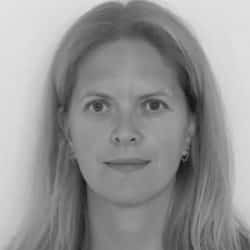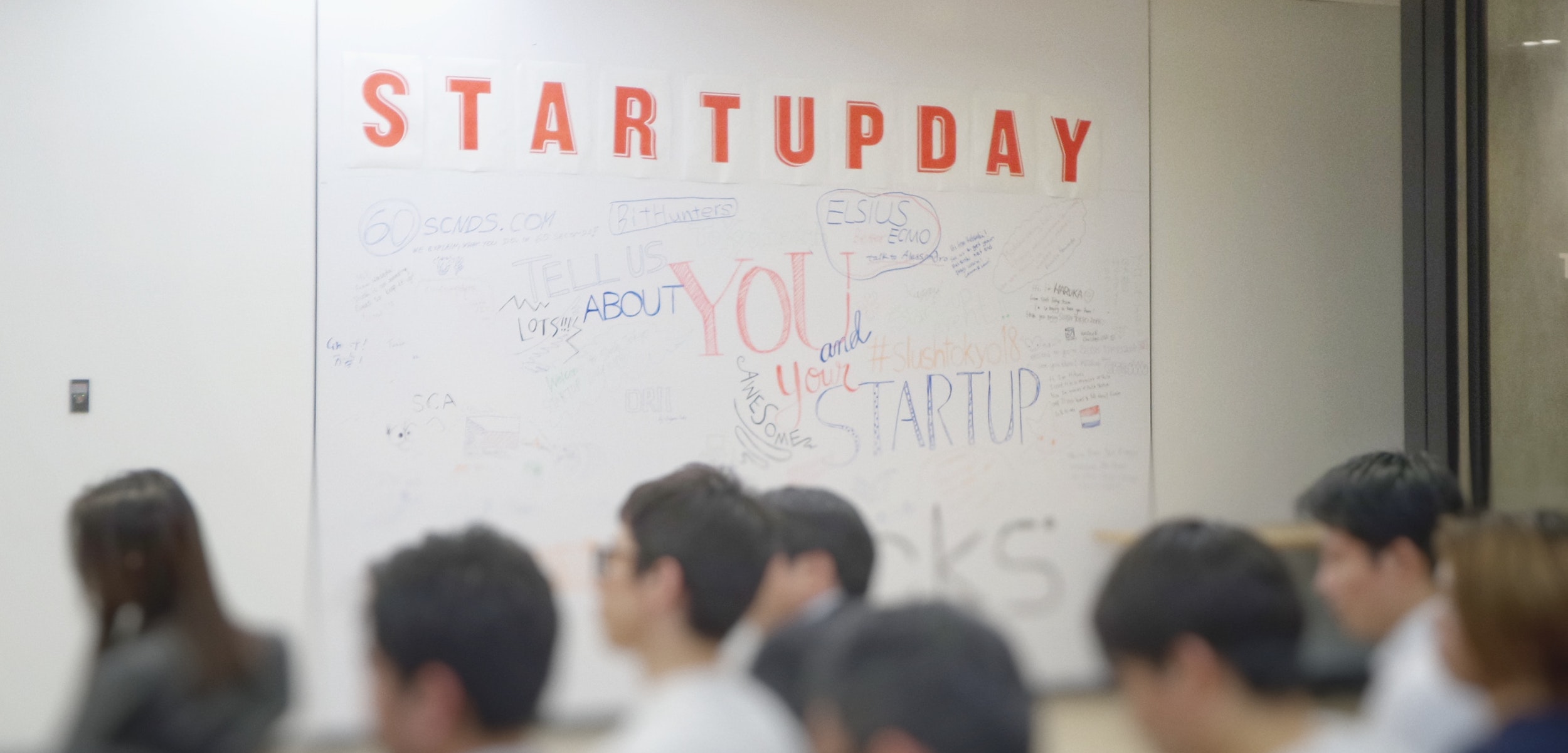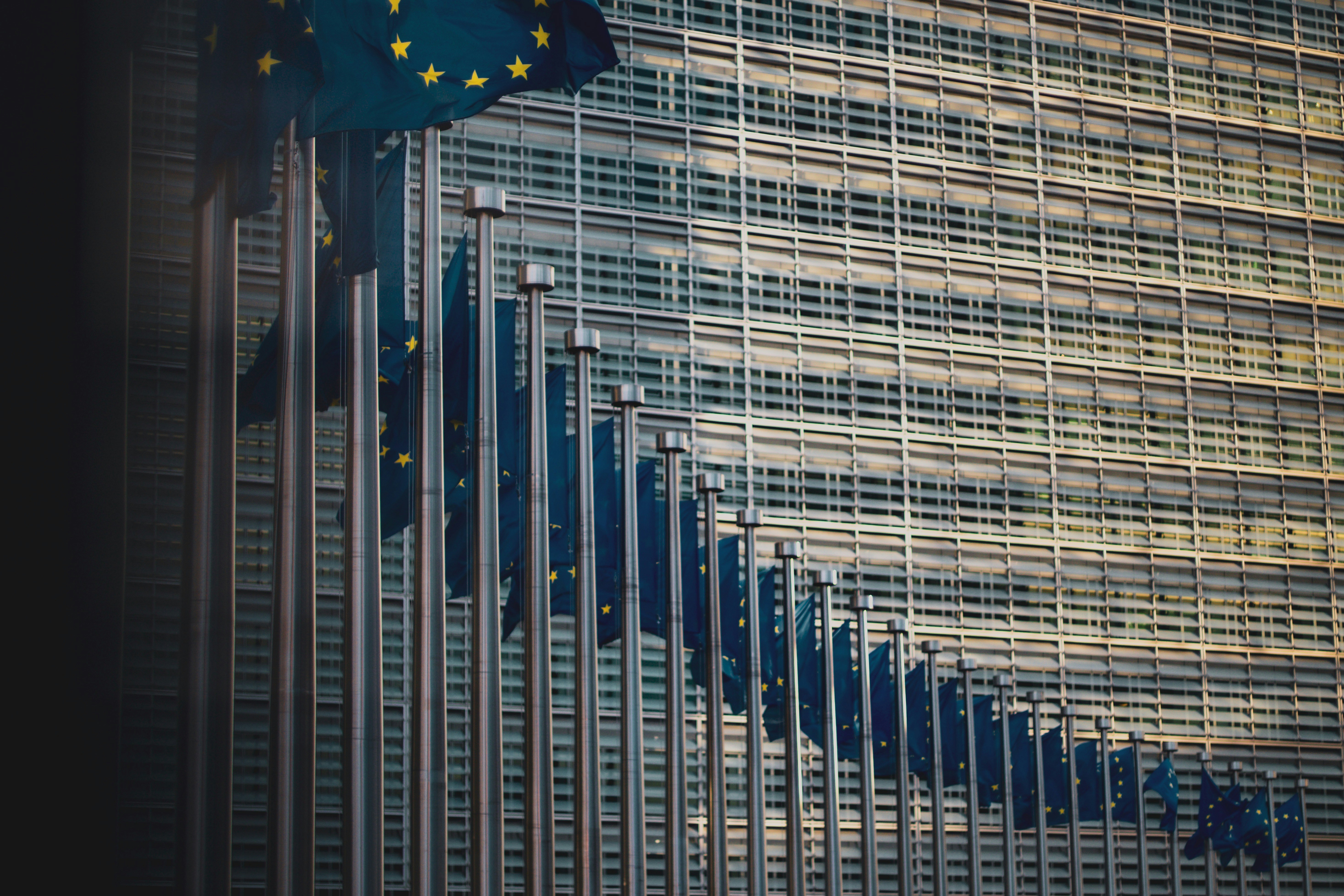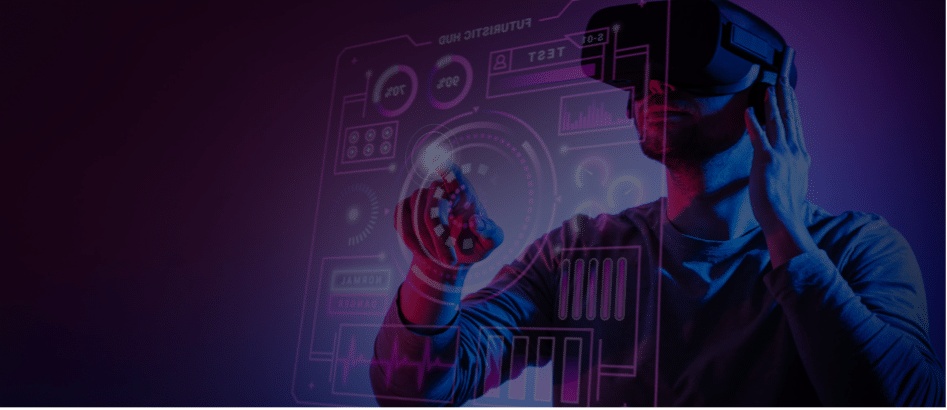From its origins in policy analysis, Technopolis Group’s approach and experience in working with research organisations and universities allows us, not only to assess the internal organisation, but to position organisations in a broader contextual framework.
Support to research organisations involves case-by-case work, positioning a specific case in a broader context: local, national, European and international. Tools that have been developed to define regional strategies, as well as evaluation methods, can be applied to organisations needing to position themselves in these contexts. This includes the European Regional Development Fund (ERDF), S3, strategic and operational development based on innovation, research, higher education, economy, internationalisation, as well as theory of change, impact assessment, and management methods such as Goal Directed Project Management.
The range of ways we support research organisations, as well as the variety of tools we use, can be illustrated by the following projects:
- Observation of training, research and innovation activities (research observatory in Angers and in the Loire region, Breton innovation index)
- Study missions on the skills and employability of PhDs and engineers (CIFRE-ANRT, Ministry of Higher Education and Research, design of industrial PhD programs in Austria and Denmark)
- Support for strategic reflection by local authorities (such as Angers, Saint-Etienne in France, South Tyrol/Alto Adice in Italy, Flanders, other comparable projects in Norway, Lithuania and Austria, to name some of them), from assistance missions to drafting of strategic documents at the local or regional level (local plan in Angers, regional plan in Pays de la Loire and Guadeloupe, smart specialisation strategies (S3) in Guyana, Mayotte, Champagne Ardenne etc.)
- Working with the institutions themselves at the level of their management teams and their respective managerial communities (e.g. University of La Réunion, Higher School of Agriculture in Angers, University of Luxembourg, Medical University of Graz).
Knowledgeable, engaged and sensitive to context
This requires a strong ability to reduce the complexity of the specific environment that surrounds each client organisation. It is not a question of reproducing simple, identical patterns from one mission to another. Together with each client, we engage in a very thorough analysis of its specific problems and a multitude of perspectives. This work is even more important given that our clients have long been involved in a process of globalisation, which always produces local and political impacts, and regularly brings to light new needs in terms of supporting change.
From a methodological point of view, this work combines retracing former strategies and performance (document and data analysis), understanding stakeholders’ interests (interviews) and validating interim results with the client (meetings and workshops); it is very important to participate in the validation of the work at a strategic level through two or three sets of workshops, organised by theme or by category of actors.
This requires us to deliver documents that link and provide consistency to the full range of information gathered and that provide our advice in different formats: technical report, executive summary, public report, action sheet, fact sheet, governance paper, guide and charter, conventions/agreements, etc. These documents address very specific audiences and must be as close as possible to the needs of each of the different players involved: management teams, managers and collaborators within the institution, institutional, financial or political partners, etc. For both the production of deliverables or working documents, particular attention is given to the organisation and presentation of information, taking particular advantage of developments using Datawiz (static and dynamic) managed internally at Technopolis Group or in partnership with the client or partners.
For these missions, we have identified several key success factors:
- Ability to listen and engage in dialogue beforehand to co-construct interventions that address both ‘strategic’ (ambitions, trajectories, stakes, strategic objectives, impacts) and ‘operational’ (operational objectives, organisation, implementation, results, project mode, action plan, project sheet) levels
- Knowledge and experience of the world of higher education and research – our teams, which include doctorate-level expertise, are an asset in reducing potential or explicit hostilities to the process of change
- Detailed knowledge of institutional contexts at different scales – European, national, regional and local – and design of research topics, training and innovation related to issues ranging from real estate to infrastructure and equipment.
In short, success stems from supporting each organisation at the appropriate level.

